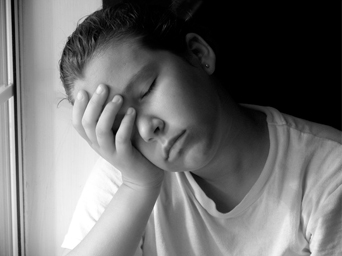
The researchers investigated the relationship between sleep and reactivity to stress. They observed sleep patterns in a sample of 84 urban African-American adolescents of average age of 13. The physiological response of the participants to stress was measured through a popular stress test. The factors analyzed included cortisol levels before and after social stress, and gender variations in the effects. Data was collected on bed times and wake times, daytime sleepiness, and general sleep quality. The findings are as follows:
- Common problems reported were: lacking a good night sleep, multiple reminders to get up in the morning, no satisfaction with their sleep, and feeling tired or sleepy during the day
- Cortisol release during and after the stressful lab test was higher for teenagers who had sleep problems and longer sleep duration.
- Analysis of the effects of sleep problems on greater cortisol release during stress showed that adolescent girls may be more sensitive to disrupted and poor quality sleep than boys
As sleep problems can cause many health concerns, they need to be addressed at the earliest. Young people should be educated about sleep hygiene and encouraged to form habits that are conducive to sleeping well on a regular basis. The National Sleep Foundation recommends practices such as avoiding napping during the day, fixing a regular bedtime routine, and exercising regularly.